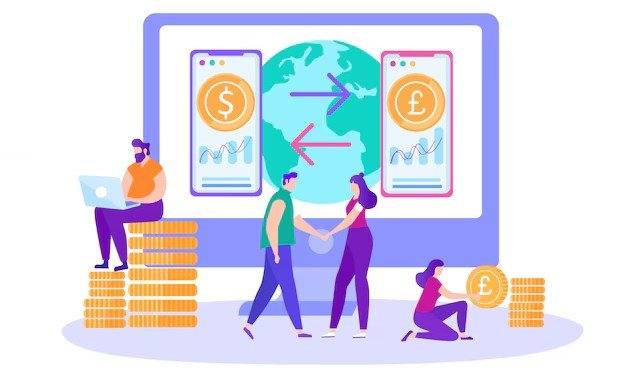It wasn’t that long ago when “entertainment” meant a trip to the cinema or a Saturday night at the arcade. Today? You barely need to leave your sofa. Digital platforms now host virtual concerts, AI-driven shows, and sprawling multiplayer worlds. And, frankly, it feels like we’re only scratching the surface of what’s possible.
Have you noticed how every scroll and click generates value? From streaming minutes stacked against ad impressions to those fleeting in-app purchases, digital leisure has grown into a thriving economic engine. Traditional media giants are racing to expand their offerings—while independent creators are carving out global followings overnight. What does that mean for our wallets, our habits, and even national economies?
From Pixels to Profits: The New Frontier
- Streaming video, social platforms, and gaming—each plays a part. According to industry projections, global entertainment and media revenues reached nearly $3.0 trillion in 2024, with a forecast to increase to $3.5 trillion by 2029. Although growth is expected to ease, it still outpaces many sectors. Why? Because digital channels keep multiplying, and audiences—especially younger ones—want both bite-sized highlights and epic, long-form adventures.
- Gaming isn’t just a pastime anymore. It’s a key battleground for attention. Subscription video-on-demand services face competition from battle royales, virtual concerts within metaverse platforms, and leagues that rival traditional sports in terms of viewer numbers. Deloitte notes that video, social media, and gaming now share the spotlight almost evenly when it comes to where people spend their free time. And immersion is the new currency—whether through live-streamed tournaments or virtual reality realms.
- Meanwhile, traditional advertising has morphed into hyper-targeted campaigns across apps and connected TVs. Brands chase eyeballs wherever they can find them, using data-driven insights to serve up the perfect ad break at just the right moment. It’s a far cry from the one-size-fits-all commercials of old.
- Sure, there’s uncertainty—economic headwinds, regulatory debates, algorithm hiccups. Still, the trajectory is clear: entertainment is digital first, with every play and view feeding into an ever-expanding economy.
Beyond Screens: Blockchain, Casinos, and New Models

- Have you tried a live dealer blackjack game on your phone? Or dipped into an online lottery draw from your laptop? The line between gaming and gambling has blurred, and the economic impact of online casinos and lotteries demonstrates how digital leisure sectors have become significant contributors to GDP growth.
- In Europe alone, online gambling revenues are set to approach €48 billion in 2024, representing nearly 39 percent of the total gambling market—up from 37 percent in 2023. On a global scale, the online gambling market is projected to reach $105.5 billion by 2025 and exceed $250 billion over the next decade.
- Then there’s blockchain and Web3. Suddenly, digital ownership isn’t a metaphor: it’s a piece of code you can truly possess, trade, or auction. Creators mint limited-edition art or music as NFTs; gamers buy and sell in-game assets with real-world value; communities govern platforms through tokenized voting. It feels almost surreal, but adoption is real, driven by demand for transparency, fairness, and a slice of the upside for fans and contributors.
- On the AI front, studios are prototyping entire shows with assistance from generative algorithms—drafting scripts, composing scores, even editing rough cuts in minutes. These tools aren’t poised to replace humans; they’re more like turbo-boosters for ideas.
Looking Ahead
So, what’s next? Expect more convergence: streaming platforms launching interactive game shows, games hosting live karaoke events, and lotteries incorporating social media features. The economy fueling these experiences will only continue to grow, with new revenue streams emerging from virtual goods, ad partnerships, subscription bundles, and microtransactions.
We’ve come a long way from physical tickets and cable-only subscriptions. Now, every tap, every stream, and every spin on a wheel fuels a complex digital ecosystem that touches employment, taxation, technology innovation, and investor returns worldwide. And if you’re reading this on your phone or laptop—well, you’re part of it too.
What do you think? Have you joined a blockchain concert or tried your luck at an online raffle? Drop a comment below and share your thoughts on where the digital entertainment economy is headed next.

